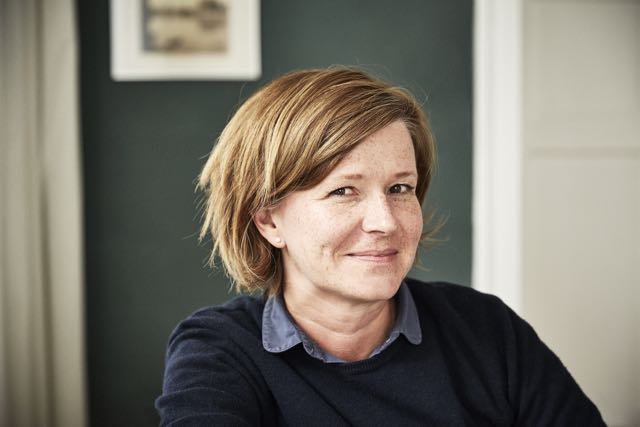Initiatives for PPE Masks
In many places, mouth and nose protection is required for everyday activities. However, the need for masks is so great that several countries are facing massive shortages. Where should such a great quantity of masks suddenly come from? Many architects and companies are showing initiative with designs and ad-hoc production shifts.Breathing protection is becoming rare during the coronavirus pandemic. Many countries cannot cover their needs; prices rise along with demand. Germany’s TÜV (Technical Inspection Association) already requires a test seal in order to winnow out unusable masks and copies. Several places are desperately seeking possibilities to ramp up local production of protective masks in order to reduce dependency on China, the world’s greatest manufacturer of this protective gear. According to federal government estimates, Germany alone has an annual shortage of 8-12 million masks.
Production Initiatives
Many manufacturers have already taken the initiative for the quick in-house production of simple mouth-and-nose masks in order to deal with the covid-19 virus in everyday life. Just in Germany, 500 companies have started producing protective masks - at the greatest available capacity. Wilkhahn, a maker of office furniture, is producing face masks in their own plant. To protect employees’ health and maintain operations, the company’s sewing room is turning out around 300 masks a day for staff along with its usual covers for upholstered furniture. In addition, the development department of the company is creating not only prototypes and design studies, but is also making visors with a 3D printer.
Architectural Designs
Architecture offices, postsecondary institutions and design studios have also taken on an active role in covering the shortage of masks. In the workshops of the Computational Lab at London’s Bartlett School of Architecture, masks are being produced non-stop for distribution to nearby hospitals. Norman Foster has introduced an open-source design for a visor mask. The Henn architecture studio, which has offices in Munich, Berlin and Beijing, has been working with face shields since April. Their design for visors used in combination with masks covering the mouth and nose was developed by 3Dverkstan as an open-source file. The Henn team make the masks from PLA filament and a transparent foil in the studio’s modelling workshop. Every week this method produces around 300 protective devices, whose prototype was tested by Munich’s blood-donation service. Once complete, the masks are handed over to institutions that need them.
The Matter of Recycling
Clearly, the question of materials - particularly for protective masks - is not insignificant. Villach’s social start-up known as plasticpreneur already has a degree of expertise in plastic recycling on a small scale; it has made the necessary machines locally available as an easy-access possibility. In the time of the coronavirus pandemic, this initiative represents a great opportunity for developing countries to produce their own protective visors from recycled PET bottles. This method can produce up to 50 face shields an hour. To improve operations, plasticpreneur is even offering online and video support to aid production. Moreover, face shields made of recycled PET bottles can be ordered directly from the start-up’s website - in this case, they are “made in Austria”.
Text: Sandra Hofmeister
